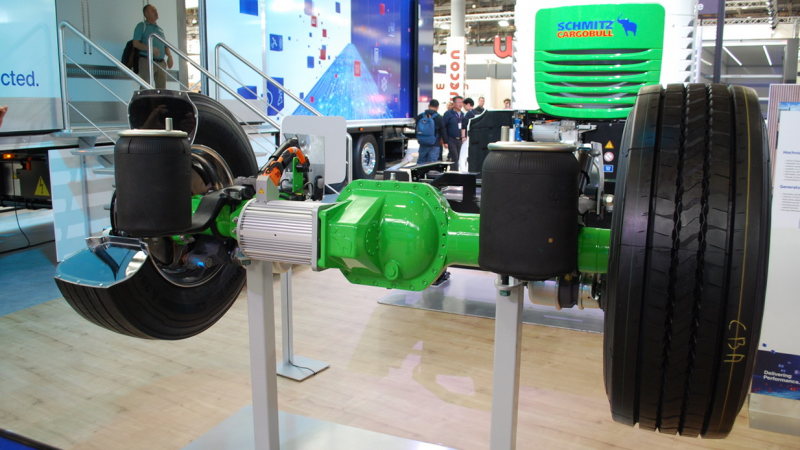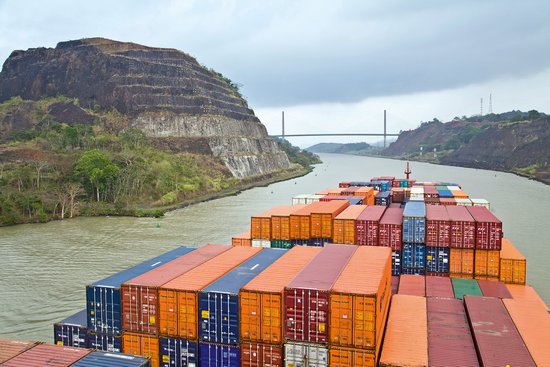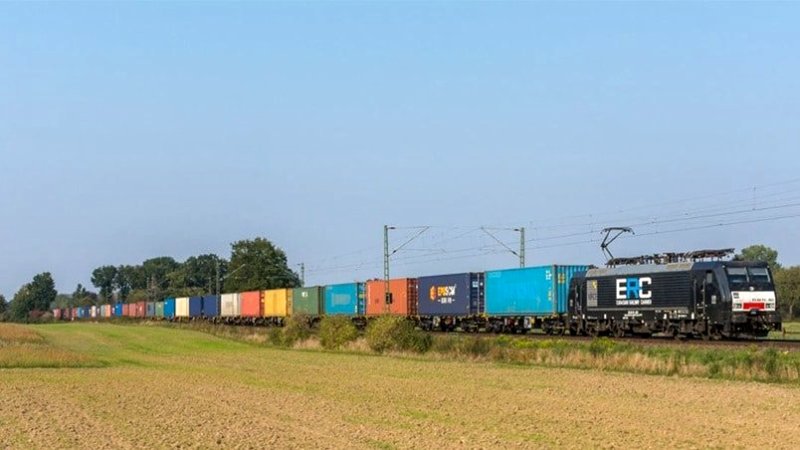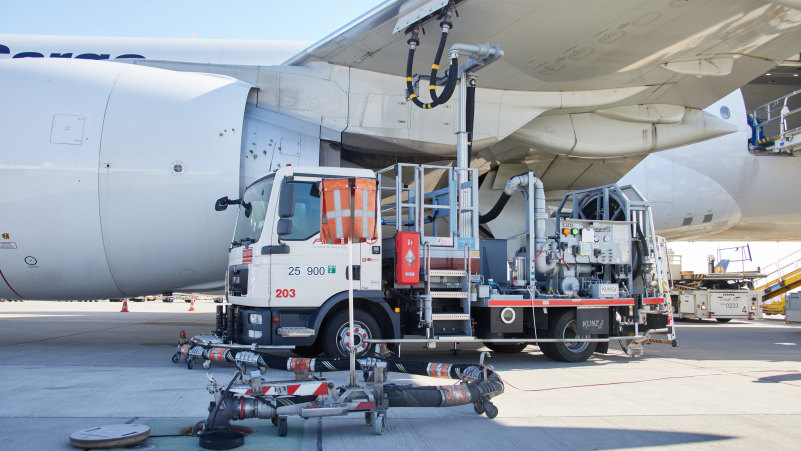On July 10, 2024, CargoON announced the publication of a study on the current and future applications of artificial intelligence in transport and logistics. The analysis highlights four trends. The first trend concerns predictive power: AI-driven analytics significantly improve demand forecasting, inventory management, and production planning. The second trend is automation, where AI-powered solutions can revolutionize logistics and warehouse operations, offering efficiency benefits.
The third trend identified by the study aims to enhance decision-making through real-time data processing with AI, enabling more informed and timely decisions. Lastly, the fourth trend, titled "Resilient Future," showcases how AI helps identify potential risks early, allowing companies to take proactive measures to mitigate unforeseen events.
In warehouses, AI can play a crucial role in collaboration with robots and autonomous vehicles, which can be guided by machine learning algorithms. This improves the accuracy and speed of picking and storing operations, reducing human errors, increasing productivity, and enabling the handling of a larger volume of goods with fewer resources.
AI's contribution in warehouses can also optimize space utilization, a growingly expensive resource. It achieves this by analyzing historical and real-time data to organize product layout more efficiently, improving access and reducing handling times. Additionally, predictive capabilities enable more efficient inventory management, reducing the risk of overproduction or stock-outs, and consequently, inventory-related costs.
Staying within warehouses, AI can also enhance security, connected to surveillance systems or dedicated robots. In this case, its algorithms can continuously monitor activities and identify potential threats or anomalies. For example, they can detect suspicious behaviors that might indicate theft or fraud. Outside the logistics platform, AI can more precisely plan delivery routes and allow for more efficient fleet management. This not only reduces delivery times but also fuel and vehicle maintenance costs.
The report also addresses the challenges and limitations of AI applications in logistics. There are general issues, such as the obsolescence of technological infrastructures and the lack of skills, not to mention the strict data protection regulations necessary for security and privacy but that can complicate the implementation of digital solutions. There are also industry-specific phenomena, such as the fragmentation of the logistics sector and resistance to change from company leadership.
For the near future, CargoON's research cites a Gartner report stating that by 2026, 80% of companies will use AI and its variants, even though currently only 5% of global companies do so. This evolution will be driven by three factors: access to large and growing amounts of data, the improvement of technological infrastructure (such as 5G or the Internet of Things), and governmental and regulatory support.

































































